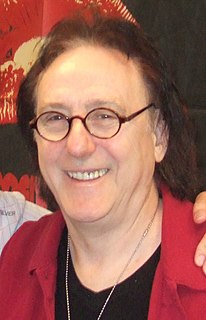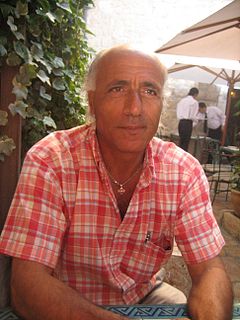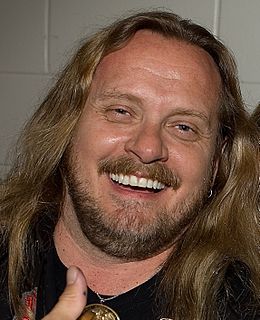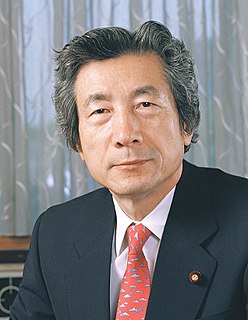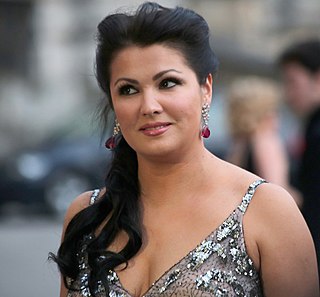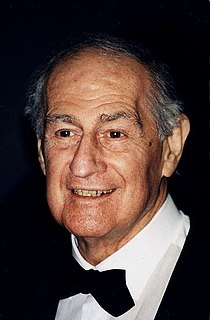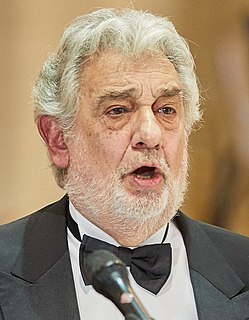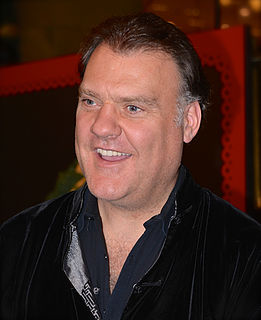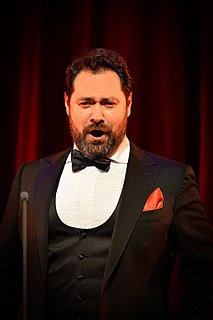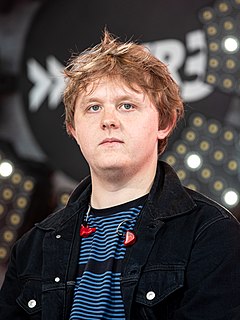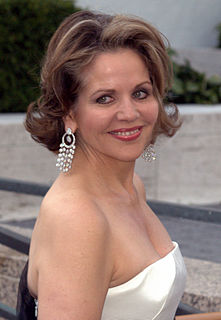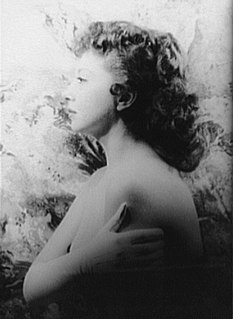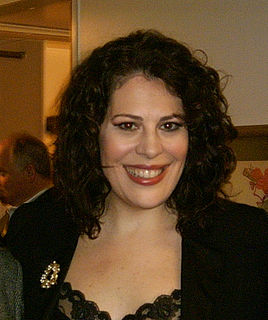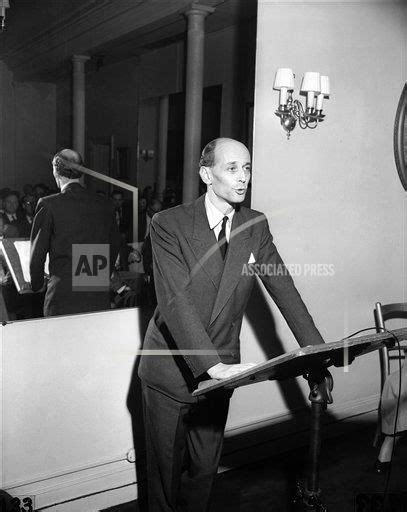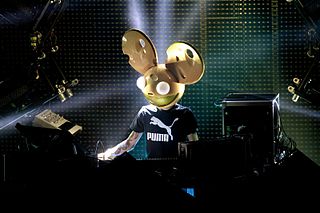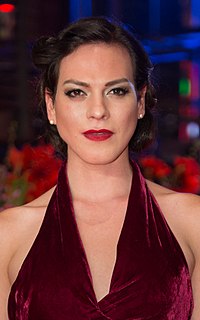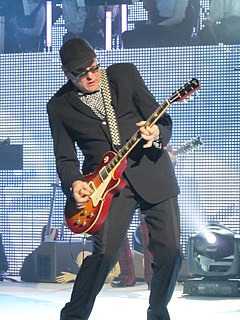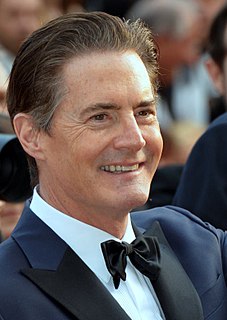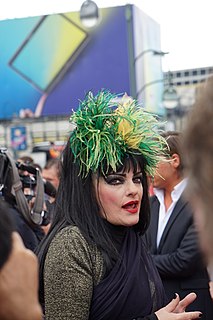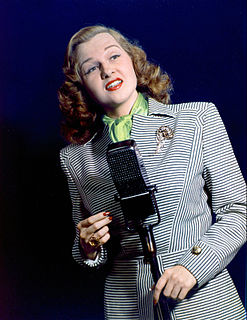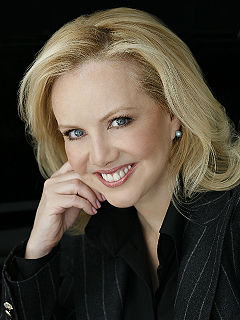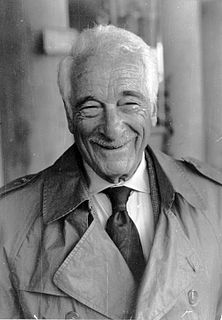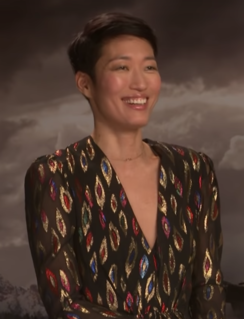Top 1200 Opera Singers Quotes & Sayings
Explore popular Opera Singers quotes.
Last updated on April 14, 2025.
There is a lot of propaganda about opera singers not being able to act. That's not necessarily true and hasn't been true for a very long time. And certainly there were those instances when singers were told they need to fit into a certain size dress. Of course, women. Men? They just make the costume bigger.
I was not especially enthusiastic about opera when I was young, and I thought I would never write one. I felt it was an art form of the past, with expensive singers exposing their high notes, and bad theater, and ridiculous stories which don't concern us. But then little by little I realized that it can be defined very differently, that on the contrary opera can be something profound and not superficial - a wonderful meeting point for all the other arts.
I think we did our first session in 1958. There were no black background singers - there were only white singers. They weren't even called background singers; they were just called singers. I don't know who gave us the name 'background singers,' but I think that came about when The Blossoms started doing background.
You're always in a tunnel that you can't see the end of. But there's something that took place on this movie that I don't think we expected and that was that once we decided that the entire cast would be real retired opera singers and retired musicians... and these people the phone hadn't rung for them for 20 or 40 years even though they can deliver.
I heard opera all day long. From the time I was 9 years old, I was imitating the singers; later I studied opera. But we also got Western television and radio, from the Americans in West Berlin. When I was 11 years old, I turned into a hippie and gave flowers to policemen. And when I was 21 and left Berlin for London, I became a punk.
I've always loved opera; it never occurred to me that I would write a proper libretto. One of my closest friends is a composer, Paul Moravec, and a few years ago, Paul and I were at lunch, and I said to him, "you really have to write an opera." So, he says very casually to me, "I'll do it if you write the libretto." Well, little did I know that the within a couple of years we would end up getting a commission from the Santa Fe Opera to write an opera together, "The Letter," which turned out to be the most successful commissioned opera in the history of the Santa Fe Opera.

